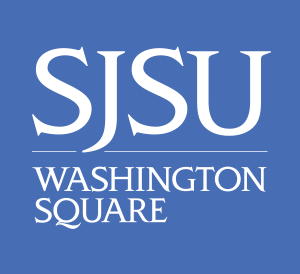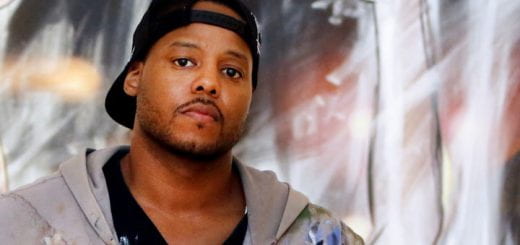Alumni Healthcare Leaders: Barb Pelletreau
The nation’s complex and hotly debated healthcare system affects us all. Washington Square wanted to hear from alumni insiders who are shaping the industry—from hospitals and biotech companies to medical devices and research and development.
Here is our full conversation with Barb Pelletreau, ’84 MPH, patient safety officer at Dignity Health. Read Q&As with all 10 alumni healthcare leaders.
Why did you pursue a master’s in public health at San Jose State?
I wanted advance training on how to create large-scale change. At the time, we called this community health. Now we call this population health. I was fresh out of nursing school with a second major in health sciences from Fresno State. I was committed to preventing lifestyle-related medical problems. SJSU had a master’s in public health, welcomed working students, and had a special focus on community health. The perfect fit!
Who was your favorite professor?
Helen Ross was more than a teacher. She was a mentor. She was fascinated by creating change in communities. She also offered me a teaching position for several years to cover for professors when they had sabbaticals. Her investment and belief in me served as inspiration to always make a difference.
What would you want people to know about SJSU?
I remember doing a poster on the prevention of sexually transmitted diseases and walking the campus to seek reactions. I will never forget the extreme diversity and how many people had very different interpretations of what we thought was a masterful poster. The diversity and richness of many merging cultures added perspective to our studies.
Tell us about your role at Dignity Health.
My role is patient safety officer for nearly 40 hospitals in three states. I oversee regulatory compliance for the joint commission and other federal regulatory bodies, state reporting of serious adverse events, reduction of hospital-acquired conditions, and quality and safety for perinatal and emergency services.
What inspired you to work in healthcare?
I grew up in a super healthy family, and it made more sense to me to prevent illness than treat it. I started the employee wellness program at John Muir Medical Center while working on my master’s degree in public health. I was also working with 20 cities in Contra Costa County for health and wellness and slowly moved to large-scale companies. Promoting a holistic lifestyle reaps far more benefits.
What is the biggest challenge with U.S. healthcare today?
I’ve worked in healthcare and led patient safety teams for quite some time. Over the years, I think the challenges we’ve faced in healthcare boil down to “How do we provide better care to more people with limited resources?” The team that I lead has done great work to improve quality and efficiency, which brings down our costs. This has helped us to devote more resources to providing care. Preventing hospital-acquired conditions such as falls and infections reduces healthcare costs, while ensuring the best possible patient outcomes.
What is currently working well in U.S. healthcare?
Using technology to connect your healthcare record, providers and medical tests. Some of our partners are really able to identify where we’re not following protocol, so we can see where we strayed and try to get care back on track. For example, Dignity Health partnered with SAS to help us identify the patients who are most at risk of sepsis. And we are introducing sophisticated technology in the electronic health record—an early warning alert—to prevent harm to patients from pain medications during their stay in the hospital.
How does Dignity Health address a major patient need?
This is a big question. Dignity Health is a large system of hospitals, medical groups and clinics that provide healthcare to millions of people every year. And I’m proud to work for an organization where we focus our efforts on providing great care to underserved communities. Dignity Health and other healthcare organizations actually work hard to prevent serious illness so people don’t have to go to the hospital. To do this, we’re looking at improving the social determinants of health, like stable housing, nutritious food, clean air and water, and financial security. We have a lot of community partners in this work.
What advice would you give patients and caregivers navigating the complexities of U.S. healthcare?
First and foremost, it’s important to have a good relationship with your doctor. Healthcare is complicated. Care, treatment and insurance can all be confusing and overwhelming, so it’s important to have a doctor you trust.
How did SJSU prepare you for your career and your current role?
Looking back, many of the classes I completed continually apply and now more so than ever with all of the changes and challenges in healthcare. Some of the theories of learning and change have never been truer than today in our healthcare delivery systems.
What is one message you’d like to share with your fellow alumni?
What is your mission for life? My mission has become to pay it forward and make a difference. In healthcare and in the corporate setting, sometimes there’s pressure: the old ways versus the new ways, and orchestrating change. One way to navigate that is to always focus on what’s right.
Pay it forward. Always do what is right. No regrets.

“I grew up in a super healthy family, and it made more sense to me to prevent illness than treat it.”



